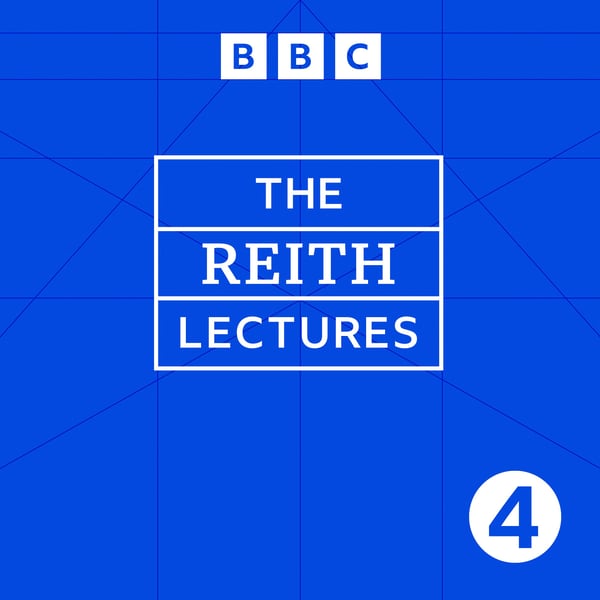Black holes ain't as black as they are painted
The Reith Lectures
BBC
4.2 • 770 Ratings
🗓️ 2 February 2016
⏱️ 29 minutes
🧾️ Download transcript
Summary
The Cambridge cosmologist Professor Stephen Hawking delivers the second of his BBC Reith Lectures on black holes.
Professor Hawking examines scientific thinking about black holes and challenges the idea that all matter and information is destroyed irretrievably within them. He explains his own hypothesis that black holes may emit a form of radiation, now known as Hawking Radiation. He discusses the search for mini black holes, noting that so far "no-one has found any, which is a pity because if they had, I would have got a Nobel Prize." And he advances a theory that information may remain stored within black holes in a scrambled form.
The programmes are recorded in front of an audience of Radio 4 listeners and some of the country's leading scientists at the Royal Institution of Great Britain in London.
Sue Lawley introduces the evening and chairs a question-and-answer session with Professor Hawking. Radio 4 listeners submitted questions in their hundreds, of which a selection were invited to attend the event to put their questions in person to Professor Hawking.
Producer: Jim Frank.
Transcript
Click on a timestamp to play from that location
| 0:00.0 | Welcome once again to the 2016 Reith Lectures, this year delivered by Professor Stephen Hawking. |
| 0:05.6 | Over the past 68 years, the lectures have always aimed to challenge listeners, introducing new ideas and concepts, |
| 0:11.5 | while keeping them engaged and entertained. As we'll hear, Professor Stephen Hawking brings humour to his quantum physics, |
| 0:17.8 | so we thought we'd join in. How many black holes does it take to change a light |
| 0:22.5 | bulb? None. There is no light in a black hole. Sorry about that. If you do want some better science jokes, |
| 0:30.6 | you can head to the Radio 4 In4 website where Jim Al Kalili has shared his top nine science jokes. |
| 0:35.9 | And if you're a fan of Jim, I would really recommend you |
| 0:37.9 | have a listen to the Life Scientific where he talks to leading scientists about their life and work. |
| 0:42.5 | That's your homework. Now let's dive into part two of Professor Stephen Hawking's Reith Lecture. |
| 0:47.9 | Here's Sue Lawley. Hello and welcome to the second in this series of BBC Reith Lectures. |
| 0:53.8 | We're at the Royal Institution in London. |
| 0:56.3 | Last week, our lecturer described the history of scientific thinking about black holes |
| 1:01.4 | and how they've posed difficult questions for the conventional understanding of the laws which |
| 1:06.4 | govern our universe. He told us that these collapsed stars challenge the very nature of space and time |
| 1:13.7 | as they become a singularity, a point of infinite density at which the normal rules of physics |
| 1:19.3 | break down. In this second lecture, he'll address the idea that nothing can ever emerge from a |
| 1:25.4 | black hole, that they destroy any information they suck in, or do they? |
| 1:31.0 | The title of this lecture is, |
| 1:33.1 | black holes ain't as black as they're painted. |
| 1:36.0 | Ladies and gentlemen, |
| 1:36.8 | please welcome the BBC's Reith Lecturer, Professor Stephen Hawking. |
| 1:39.9 | Thank you. Can you hear me? |
... |
Transcript will be available on the free plan in -3346 days. Upgrade to see the full transcript now.
Disclaimer: The podcast and artwork embedded on this page are from BBC, and are the property of its owner and not affiliated with or endorsed by Tapesearch.
Generated transcripts are the property of BBC and are distributed freely under the Fair Use doctrine. Transcripts generated by Tapesearch are not guaranteed to be accurate.
Copyright © Tapesearch 2025.

